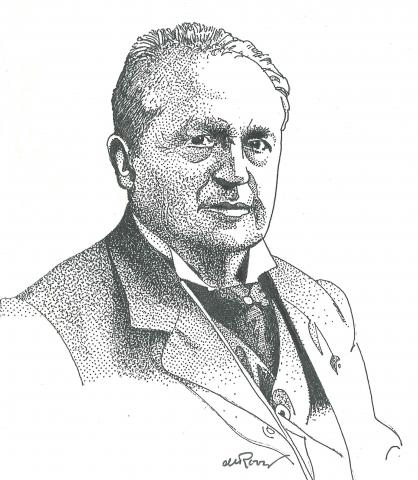A revised and updated version of
Abraham Kuyper: An Annotated Bibliography 1857-2010 by Tjitze Kuipers (2011)
You can buy a printed edition of this book on the site of the publisher.
1879
Dr. J.J. van Toorenenbergen justified his objections to the binding of theological education to the Three Forms of Unity by appealing to an incident from the history of the Dutch church (cf. 1879.02 and 1879.03). He claimed that in 1620 the four professors of theology from Leiden did not sign the signatory formula drawn up by the Synod of Dordrecht in 1618/1619. In Kuyper’s broad and well-documented treatise, which concludes with twenty pages of supporting documentation, Van Toorenenbergen’s claim is refuted. Both the foreword and the conclusion remark on the deep-seated differences of opinion about the historical period in question that, since 1870, had divided the author from Van Toorenenbergen. Kuyper opines that a thoroughgoing refutation of Van Toorenenbergen’s thesis is particularly important, insofar as Van Toorenenbergen was a self-declared proponent of the revision of the ecclesiastical formularies.
In order to take any remaining wind out of Van Toorenenbergen’s sails, Kuyper also relates that he had advised the board of directors of the Association for Higher Education on Reformed Principles, established on December 5, 1878, not to let professors sign such a formula and never to adopt the signatory formulary of Dordt because formularies like these cannot bring about a true bond between professors and the principles of the university. (Article 2 of the statutes of the Association for Higher Education on Reformed Principles did require, however, that professors at the Vrije Universiteit had to sign the Three Forms of Unity.)
Van Toorenenbergen responded in: Hoe een deel der Dordtsche nalatenschap verzaakt werd. Een woord van tegenweer (Rotterdam: W. Wenk, 1879). See 1879.11.


